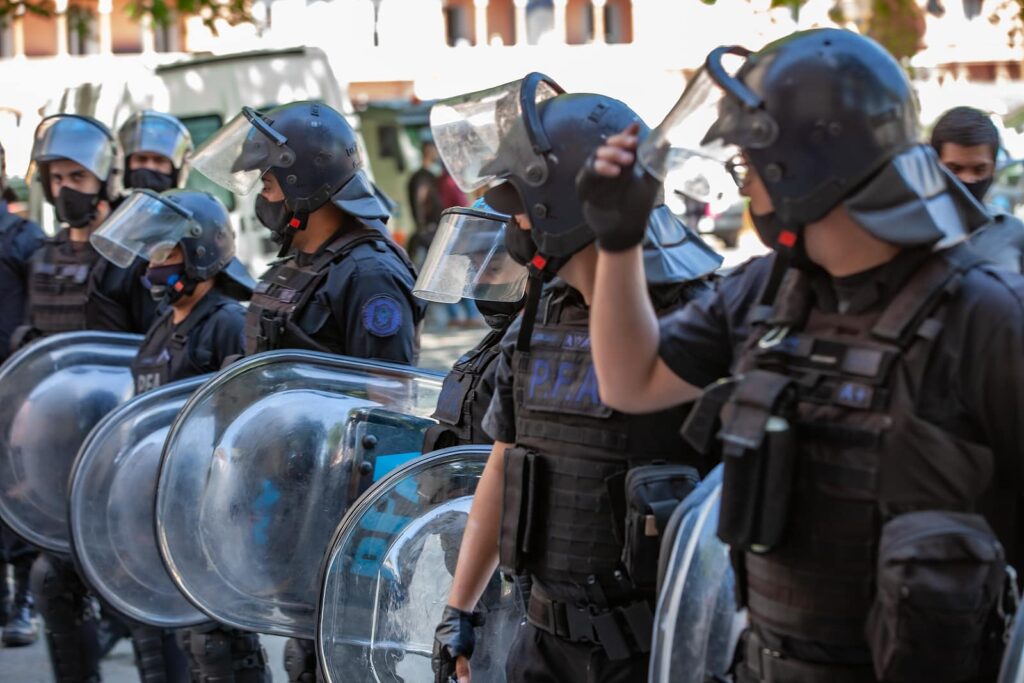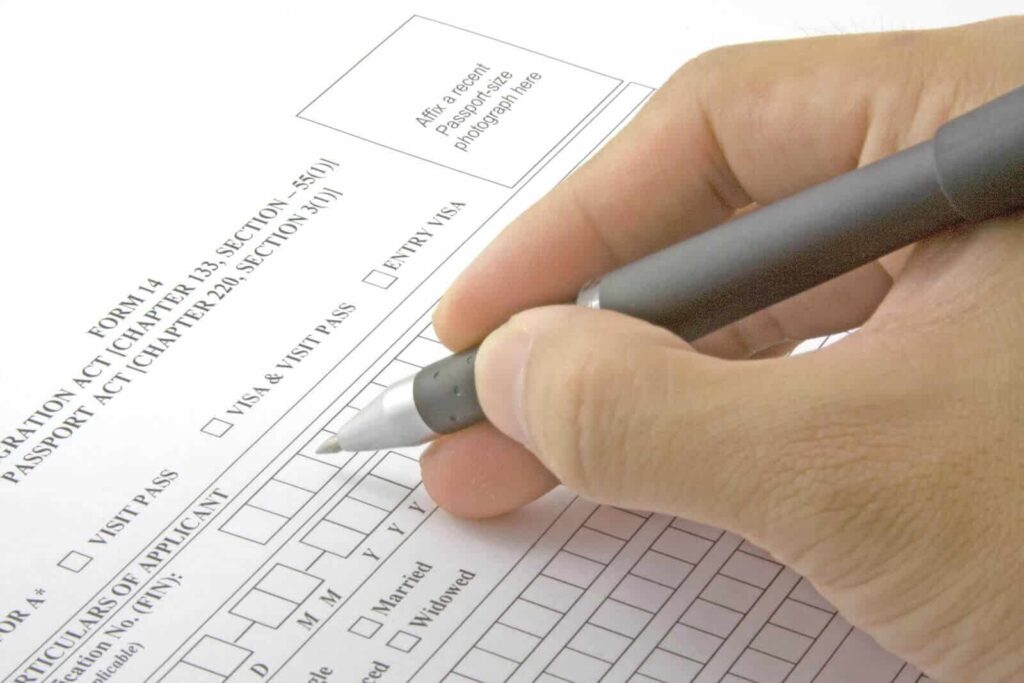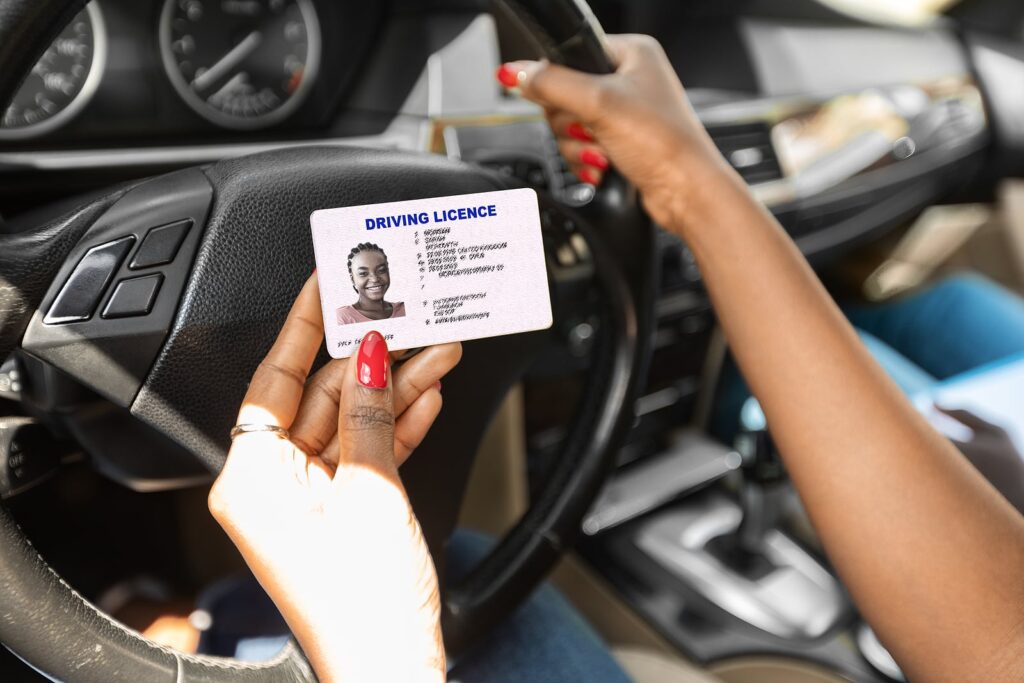What Are Mandatory Drug Offense Conviction Sentences in Massachusetts?
Massachusetts’ drug laws and corresponding sentences are complex and multifaceted, with different criminal levels based on everything from the type of drug involved to whether or not it was being owned or sold and to whom, the location of sales (such as near a school), or whether or not there were prior drug offense convictions. To detail every mandatory sentence would be difficult. What follows are some basic guidelines to consider with the understanding that mandatory minimum sentences may be more severe than what’s noted here. Take these as examples
Some of the minimum mandatory sentences for drug trafficking (which is defined as the growth and/or manufacture, distribution, and sales of drugs) include:
- Convicted of trafficking 50 pounds or more of marijuana: Minimum one-year sentence
- Convicted of trafficking 18-35 grams of cocaine: Minimum two-year sentence
- Convicted of trafficking 18-35 grams of heroin: Minimum 3.5-year sentence
- Convicted of trafficking 200 or more grams of cocaine or heroin: Minimum 12-year sentence
- Convicted of trafficking 10 or more grams of fentanyl: Minimum 3.5-year sentence
It’s crucial to remember these are minimums only. The actual sentence handed down may be much worse.
Is It Possible to Avoid a Mandatory Minimum Sentence if Convicted in Massachusetts?
Massachusetts has stringent drug crime sentencing laws. It can be difficult, but not impossible, to overcome them when a conviction is handed down. Every case is unique and dependent on numerous circumstances around the charges and arrests. That’s one of the reasons it’s vital to work with an experienced drug crime defense attorney who can examine the specifics of your case and determine what might be the best approach. Here are some typical approaches to avoiding mandatory minimums. Whether they might be applicable in your case is something you should discuss with your attorney.
- Plea bargain (sometimes called negotiating a plea). This can be an especially valuable tactic for people with first offenses. In a plea bargain, the defendant (the person charged with the crime) and their attorney negotiate with the prosecution to accept a lesser charge that may not come with such stringent mandatory minimum sentences. Accepting a plea bargain may mean there is still a criminal record and some type of consequences (such as fines, community service, or probation), but it may be one way to avoid a minimum jail sentence.
- Challenge the case. If there’s reason to claim that the case has some elements that weaken it, your attorney may pursue those. Typical challenges include illegal search and seizure procedures, the Miranda rights not being read to the defendant during the arrest, and procedural errors.
- Lack of evidence or knowledge/intent. The prosecutor needs to prove beyond a reasonable doubt that trafficking took place and that the person charged with the crime knew and understood what was happening. There are some circumstances where the prosecution may have insufficient evidence or can’t prove the defendant was aware.
- Parole. If a conviction appears unavoidable and a minimum mandatory sentence is likely to be handed down, your attorney can plead your case regarding future probation and whether or not it can happen earlier in the sentence if the defendant remains on good behavior while incarcerated.
- The safety valve option. Federal sentencing guidelines offer an option known as the safety valve to judges who are sentencing defendants for federal crimes, including drug crimes. The safety valve is a mechanism that allows judges to sentence someone to less than the mandatory minimum as long as certain conditions are met. That may include the defendant cooperating as a witness against others charged with crimes. It usually also requires that the defendant have a minimal or nonexistent previous criminal record; did not commit violence during the drug act; the crime didn’t lead to serious injury; they must not have been a leader or organizer; and they must tell the prosecution everything they know about the crime and anyone else involved.
What Are the Different Types of Drug Categories?
Drug crimes are based on what is known as drug schedules. These are all controlled substances, some of which are legal with a prescription, and many of which can be addictive. The more likely the drug can be used for abuse or cause addiction, the more likely the sentencing for crimes involving those drugs will be harsher.
- Schedule I. The most severe category. The drugs have no medical use in the U.S. and can easily lead to abuse and addiction. They include heroin and LSD.
- Schedule II. Highly addictive but may have medical use, such as OxyContin.
- Schedule III. Less addictive than the previous two categories but can still cause problems, such as Vicodin or pain relievers with Codeine.
- Schedule IV. Lower abuse possibilities but still potentially addictive, such as Valium.
- Schedule V. Substances that contain lower amounts of narcotics, such as Robitussin AC.
- Schedule VI. All prescription drugs not covered in the above categories, including Dilantin.
What Should I Do if I’ve Been Charged with Drug Crimes in Massachusetts?
Call Toland Law, LLC, at 857-347-3701 to request a free consultation. The stakes, if convicted, can be tremendously severe and life-changing.
It’s not a situation to be taken lightly. Our team of experienced, knowledgeable drug crime defense attorneys fully understands what’s at stake and why it’s vital to pursue every avenue of defense to try and avoid the worst outcomes. We can look at the specifics of your case and help you understand what the possibilities are for your specific situation.








